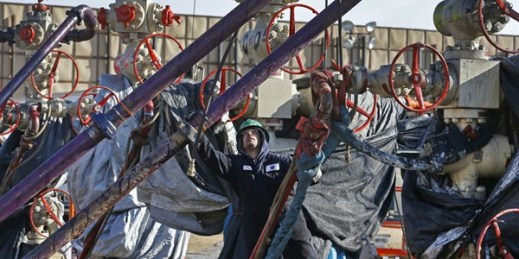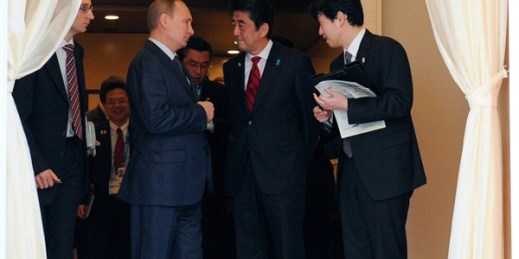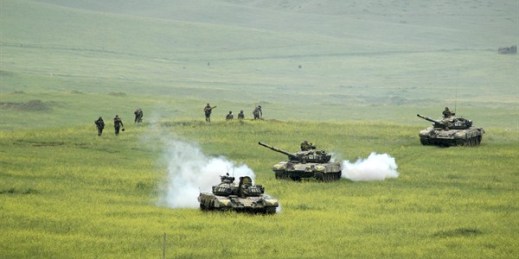
Shale gas is revolutionizing the world’s energy landscape. Seemingly overnight, supplies have increased dramatically due to technological advances, including hydraulic fracturing—known as fracking—and horizontal drilling. A world accustomed to energy scarcity and declining supplies is rapidly readjusting to abundance, at just the time when concerns about global climate change and the desire to identify cleaner, relatively inexpensive fuel sources intensify. These conditions and the impressive size of proven reserves within the Western Hemisphere in particular provide the Americas with an enviable opportunity for leadership in global shale gas. The United States, Argentina, Canada, Mexico and Brazil all rank within the […]


